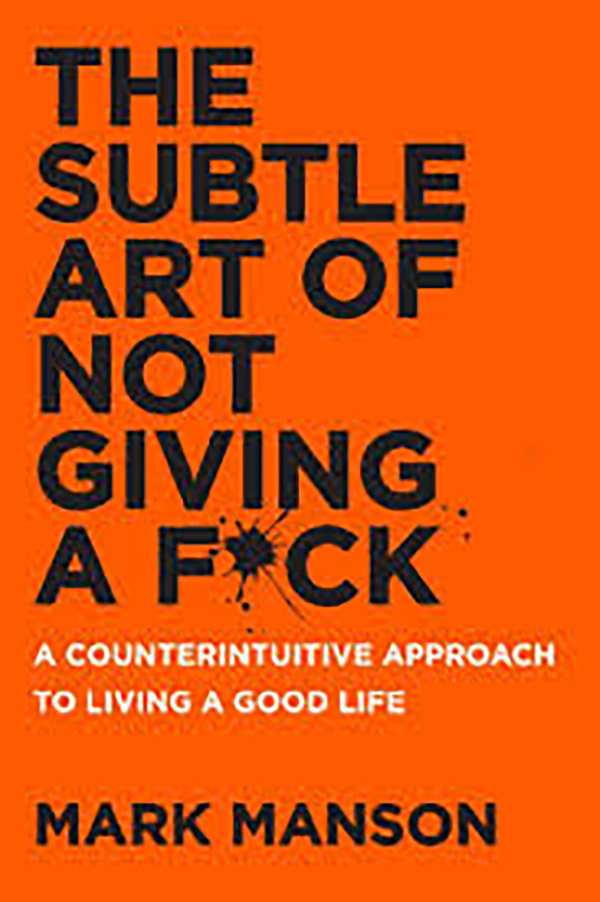Gee Whiz: Human Urine Is Shown to Be an Effective Agricultural Fertilizer
September 28, 2013 | 83,038 views
Farmers looking for a natural way to fertilize their crops may need to look no further than human urine, which is naturally rich in nitrogen, potassium and phosphorus – the same ingredients in conventional fertilizers.
Although the use of urine as fertilizer is rare (though not unheard of) today, it has actually been used as fertilizer since ancient times, and new research suggests it may be wise to bring this ancient tradition back.
Beets Fertilized with Urine Grew 27 Percent Larger
In one experiment, researchers compared beets grown in four different ways: one with conventional mineral fertilizer, another with urine, a third with urine and wood ash, and a final control group grown with no fertilizer.1
The beets fertilized with urine were 10 percent larger, and those fertilized with urine/ash were 27 percent larger than those grown in mineral fertilizer. As for nutrient content, all the beets were similar, and in a blind taste test the beets were rated as equally flavorful.
The researchers concluded that urine is a perfectly viable source of fertilizer, and one that is readily available and sustainable (the average American urinates 500 liters a year):
" … urine with or without ash can increase the yield of red beet and furthermore the microbial quality and chemical quality were similar to the situation in mineral-fertilized products."
As for the 'yuck factor,' human urine isn't nearly as 'gross' as it seems, since it's virtually sterile when it leaves your body. It also doesn't carry bacteria like feces (and manure has been used as fertilizer for centuries).
Further, research suggests that any residual hormones or pharmaceuticals are likely to be negligible and basically non-existent in urine-fertilized crops.2 Urine has also been used to fertilize cabbage, tomatoes, sweet peppers and cucumbers, with similar favorable results, and it's free – unlike synthetic fertilizers that some farmers around the world can scarcely afford.
Why Isn't Urine Widely Used as Fertilizer?
For starters, sewage systems would have to be radically redesigned to separate liquid waste from solid, a practice that requires the use of separating toilets that have a divided bowl and independent pipes to keep the urine separate.
There are other benefits to using separating toilets as well, such as less water usage and less energy requirements in sewage treatment. However, neither the toilets, nor the sewage systems, are in widespread use.
If you want to use urine to fertilize your backyard garden, feel free. But keep in mind that urine should be diluted with water at least 10:1 for most plants and should be separated from solid waste to avoid contamination (so collect your urine in a bottle or bucket, or invest in a urine-separating toilet). You can also add urine to your compost heap to enhance its nutritional content.
Interestingly, it's not only agriculture that could benefit from this sustainable resource; urine has also been used to develop fuel cells capable of charging a cell phone and may one day be used to power a car!
Are Microorganisms More Important Than Fertilizer?
The premise of using urine as fertilizer is certainly preferable to chemical fertilizers, which are known environmental pollutants. For instance, many areas of Minnesota, which is prime farmland, now face the problem of having dangerously elevated levels of nitrogen in their drinking water. Health risks of excessive nitrogen include a potential connection to cancer, as well as thyroid and reproductive problems in both humans and livestock.
Modern fertilizer consists of varying amounts of nitrogen, phosphorus and potassium. These three are believed to be essential for plants to grow. This is why farmers spread fertilizer on their fields, to replace the nutrients lost. It's certainly not the ideal and sustainable way to farm, but it's thought to be the most efficient for large-scale farms. However, these three components may not be as necessary as we think, according to Dr. Elaine Ingham, an internationally recognized expert on the benefits of sustainable soil science.
Helping Plants Get the Nutrients They Need from the Soil, Naturally
Download Interview Transcript
The real nutrition your plants require is actually derived from microorganisms in the soil. These organisms take the mineral material that's in your soil and convert it into a plant-available form. Without these bioorganisms, your plants cannot get the nutrients they need. So what you need is not more chemical soil additives, what you need is the proper balance of beneficial soil organisms.
According to Dr. Ingham:
"It's very necessary to have these organisms. They will supply your plant with precisely the right balances of all the nutrients the plant requires. When you start to realize that one of the major roles and functions of life in the soil is to provide nutrients to the plants in the proper forms, then we don't need inorganic fertilizers. We certainly don't have to have genetically engineered plants or to utilize inorganic fertilizers if we get this proper biology back in the soil."
Interestingly enough, you can use a starter culture to boost the fermentation and generation of beneficial bacteria much in the same way you can boost the probiotics in your fermented vegetables. For compost, this strategy is used if you want to compost very rapidly. In that case, you can use a starter to inoculate the specific sets of organisms that you need to encourage in that compost.
Worm farmers are also creating a natural product known as "vermicompost," which greatly improves plant growth and make plants more resistant to disease and insects than plants grown with other composts and fertilizers. For optimal physical health, you need plant foods to contain the full set of nutrients that will allow the plant to grow in a healthy fashion, because that's the proper balance of nutrients for us human beings as well. Dr. Ingham has written several books on this topic, including The Field Guide for Actively Aerated Compost Tea, and The Compost Tea Brewing Manual, for more information.
Resources for Supporting Sustainable Agriculture
If you want to optimize your health, you simply must return to the basics of healthy food choices and typically this includes buying your food from responsible, high-quality, sustainable sources. This is why I encourage you to support the small family farms in your area that are using natural sources of fertilizer and actively trying to enrich the microbial and nutritional content of the soil, rather than deplete it. This includes not only visiting the farm directly, if you have one nearby, but also taking part in farmer's markets and community-supported agriculture programs.
Not only is the food so much tastier and healthier when you get it from sustainable, non-CAFO sources, but there is something about shopping for fresh foods in an open-air, social environment that just feels right. An artificially lit, dreary supermarket -- home to virtually every CAFO food made -- just can't compete. If you want to experience some of these benefits first-hand, here are some great resources to obtain wholesome food that supports not only you but also the environment:
Alternative Farming Systems Information Center, Community Supported Agriculture (CSA)
Farmers' Markets -- A national listing of farmers' markets.
Local Harvest -- This Web site will help you find farmers' markets, family farms, and other sources of sustainably grown food in your area where you can buy produce, grass-fed meats, and many other goodies.
Eat Well Guide: Wholesome Food from Healthy Animals -- The Eat Well Guide is a free online directory of sustainably raised meat, poultry, dairy, and eggs from farms, stores, restaurants, inns, and hotels, and online outlets in the United States and Canada.
Community Involved in Sustaining Agriculture (CISA) -- CISA is dedicated to sustaining agriculture and promoting the products of small farms.
FoodRoutes -- The FoodRoutes "Find Good Food" map can help you connect with local farmers to find the freshest, tastiest food possible. On their interactive map, you can find a listing for local farmers, CSAs, and markets near you.
http://articles.mercola.com/sites/artic ... lizer.aspx



